This Easter season, the only lilies that should be in your pet household are silk ones…because all lilies are toxic to your cat. Today we have a guest post from the Pet Poison Helpline about the danger of Easter lilies and cats–a sad mistake which results in tragedy for many cat lovers every year.
Very few of the 36 million cat owners in the U.S. know that bringing home an Easter lily or bouquet of beautiful stargazer lilies puts the lives of their feline companions in jeopardy.
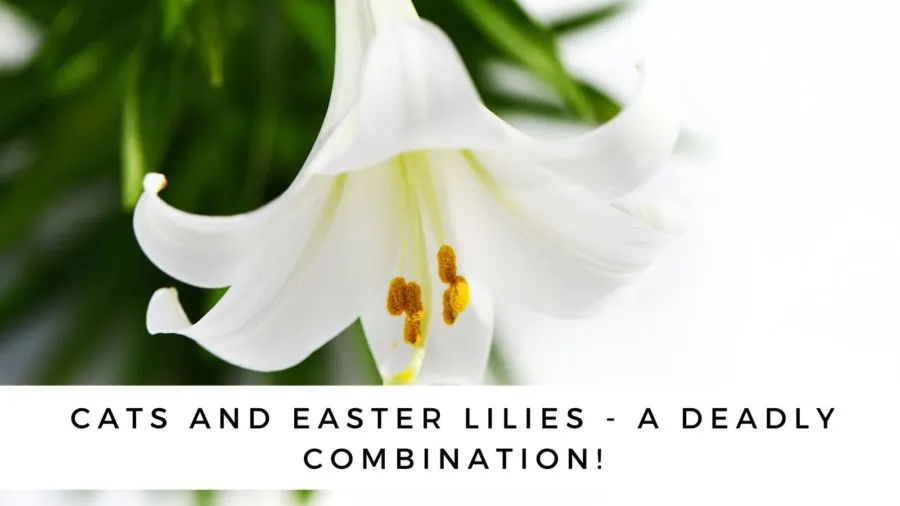
Which Lilies Are Toxic?
Lilies in the “true lily” and daylily families such as Easter lilies, stargazer lilies, tiger lilies, Asiatic lilies, and Oriental lilies are highly toxic to cats. Ingestion of just one petal, leaf, or even the pollen, can cause kidney failure in less than three days.
Unlike common pet toxins like chocolate, studies suggest less than 30 percent of cat owners realize how deadly these plants can be.
This lack of understanding, coupled with the popularity of the flowers, results in thousands of feline poisonings and deaths each year.
Ingestion of just one petal, leaf, or even the pollen, can cause kidney failure in less than three days.
In an effort to raise awareness, the veterinarians of Pet Poison Helpline, in partnership with the Minnesota Veterinary Medical Association, launched an educational campaign – No Lilies for Kitties!
They have created an educational website, No Lilies for Kittys, which includes a one-minute video produced by Pet Poison Helpline, educational articles, lists of toxic and less-toxic lilies, safer cut-flower options, and other materials that can be downloaded, printed, or shared on social media.
Dr. Ahna Brutlag, veterinary toxicologist and associate director of Veterinary Services at Pet Poison Helpline, recounts a common scenario, “I’m frequently asked the question – ‘if there’s just one toxin that pet owners should know about, what is it?’ My answer is always the same – lilies. Most people are unaware that ingestion of any part of a lily can be fatal for cats. This is of particular concern given the popularity of lilies in bouquets and gardens.”
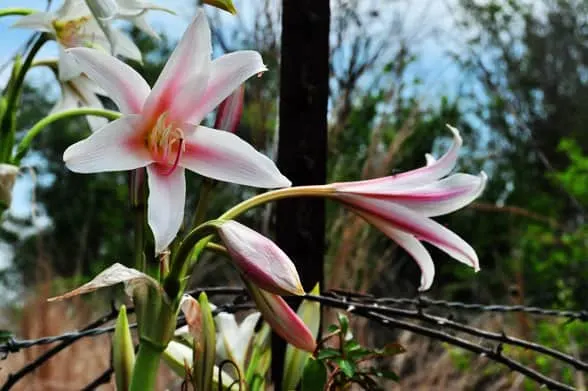
Many plants are called “lilies.” Which ones are concerning?
Many plants have the word “lily” in the name, so it’s important to know which species are toxic.
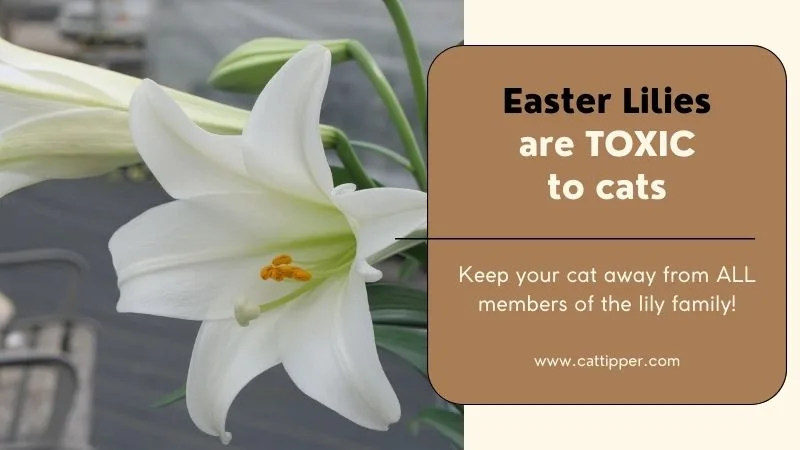
the most dangerous and potentially fatal lilies for cats are genus Lilium (the “true lilies”) and Hemerocallis (daylilies). Common examples include:
- Easter lily (L. longiflorum)
- stargazer lily (L. orientalis)
- tiger lily (L. tigrinum or L. lancifolium)
- Asiatic hybrid lily (many varieties of Lilium spp.)
- wood lily (L. philadelphicum)
- daylily (Hemerocallis spp.)
Due to their beauty, longevity, fragrance, and affordability, these flowers are often in cut-flower bouquets or sold as potted plants for Easter.
Ingestion of any part of the plant, including leaves, flowers, pollen, or even the water from the vase can result in rapid kidney failure in cats leading to medical emergencies that require immediate veterinary care.
Early decontamination, intravenous fluid therapy, kidney function tests, and supportive care greatly improve the cat’s prognosis.
A delay of treatment of more than 18 hours after ingestion generally results in irreversible kidney failure. Due to the high risk of fatality, Pet Poison Helpline recommends these flowers never be brought into homes with cats.
What should be done if a cat ingests a lily?
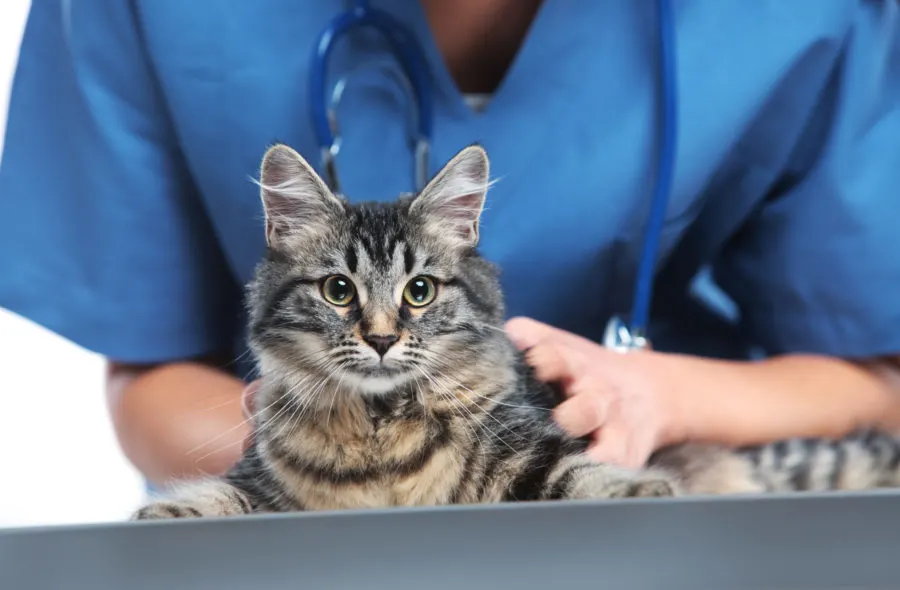
If a cat consumes any part of a “lily” plant, the pet owner should call Pet Poison Helpline or bring the cat and the plant to a veterinarian as soon as possible.
The veterinary professionals and board-certified veterinary toxicologists at Pet Poison Helpline are accessible 24/7 by calling 800-213-6680 – these are the professionals that veterinarians turn to for poison consultations. They will help the pet owner determine if the cat can be treated at home, or if it needs to be taken to the veterinary hospital.
If veterinary care is needed, Pet Poison Helpline will provide guidance and medical advice directly to the veterinarian as well. Pet Poison Helpline’s fee includes follow-up consultation for the duration of the poison case.
Pet Poison Helpline is available in North America by calling 800-213-6680. Additional information can be found online at www.petpoisonhelpline.com
Alternate Cat-Safe Easter Plants
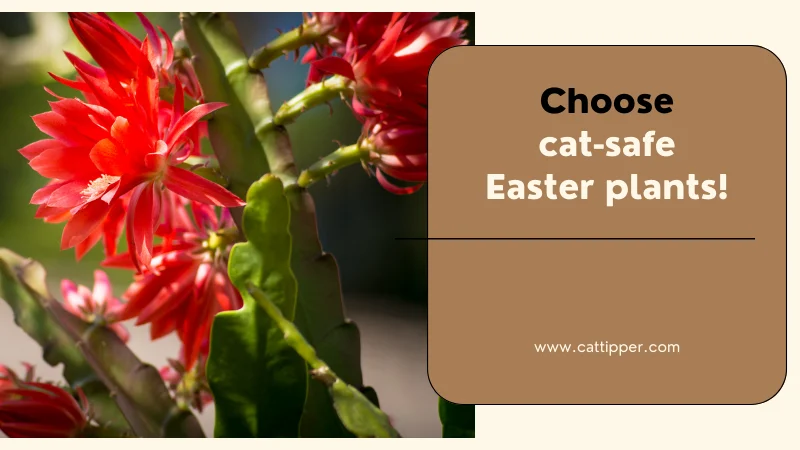
Several of our readers have asked about cat-safe plants that add an Easter look to your celebrations.
For those looking for safe botanical beauty to brighten the holiday, the Cat Fanciers’ Association offers the following non-toxic alternatives:
- Easter cactus
- Easter daisies
- Easter orchids
- violets
Pin it to remember the danger of cats and Easter lilies!
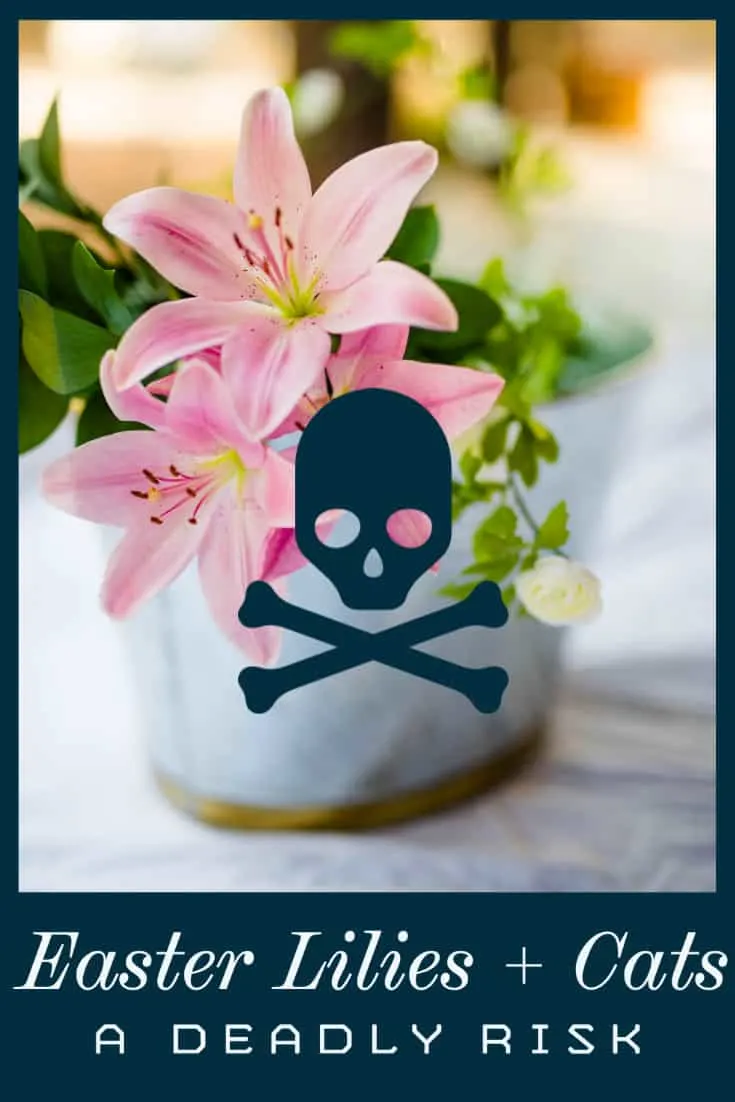
- 🎉 GIVEAWAY: Lord of the Pets Portrait of Your Cat! - November 26, 2024
- Review: Lord of the Pets Cat Portraits! - November 26, 2024
- Cat Adoption: FAQ You Might Have - June 28, 2024
